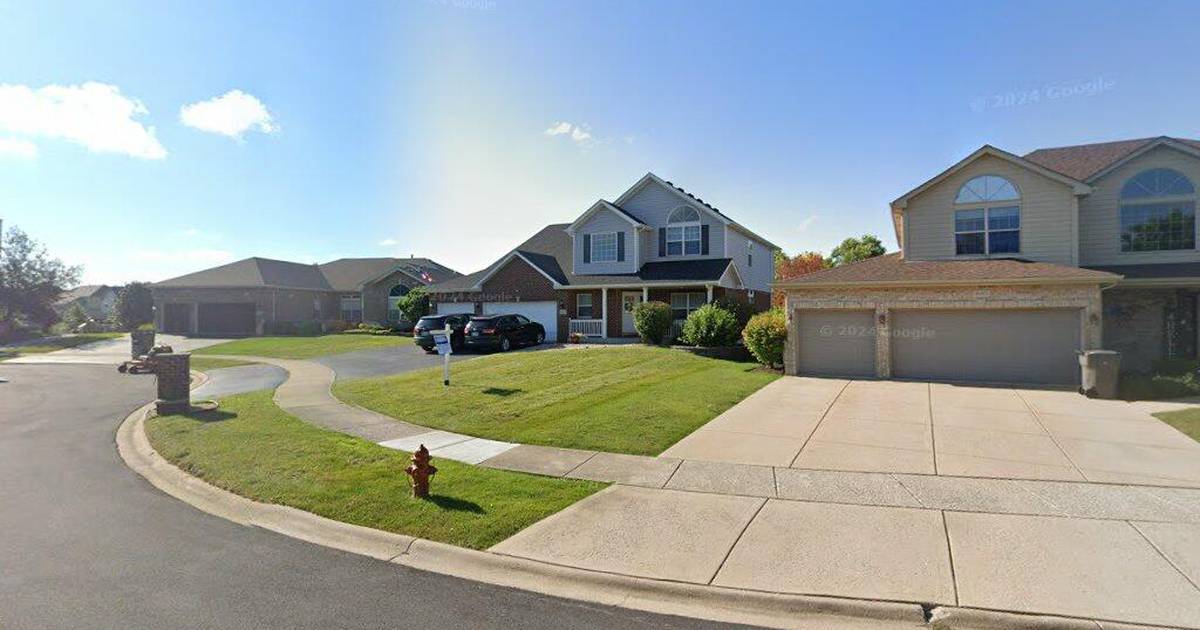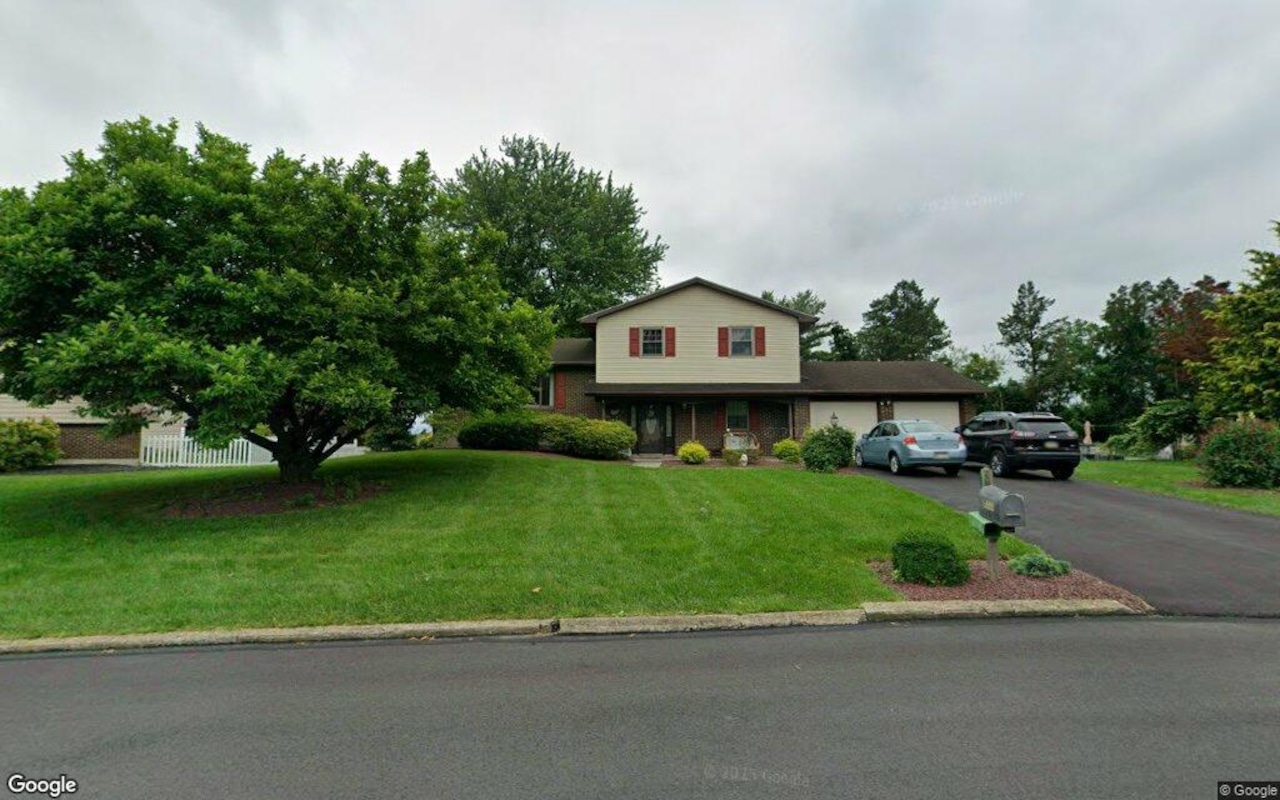C
hicago’s ascent as the Midwest’s top multifamily market dominates the city’s real‑estate narrative. The boom brings risks—political backlash, demand that outstrips a shrinking supply pipeline, and rent spikes that strain residents. The job base is stabilizing, migration is rebounding, and tenants are willing to pay more for quality units. Yet a self‑inflicted bottleneck remains: political gridlock, fiscal uncertainty, and a populace that resists density while complaining about rent hikes. This paradox is driving capital toward collar counties and sidelining the housing Chicago needs most.
Local politics claim to be the sole determinant, but the multifamily market’s fortunes could influence more than just city‑council elections. It may shape the March primary for Cook County assessor—a race already capturing real‑estate attention. Incumbent Assessor Fritz Kaegi faces challenger Patrick Hynes, who is receiving backing from major business figures. Public records show a $25,000 contribution from Michael Sacks of GCM Grosvenor, a $10,000 donation from David Carlins of Magellan, and several four‑figure gifts from John O’Donnell, Rodrigo d’Escoto, and Stuart Handler’s TLC Management. Even Bill Silverstein of Beal Properties chipped in $2,500.
Kaegi’s reputation among developers is built on steep commercial assessment hikes, earning him enemies in the industry. Though he accepted $5,000 from sports‑team owner Jerry Reinsdorf earlier this year, his campaign coffers have largely been self‑funded over the past two elections. The multifamily sector could become a distinct battleground in this contest.
Chicago now tops the nation in rent growth, a milestone fueled by a prolonged supply shortage that turns existing buildings into cash‑generating assets. Investors warn that the market’s vigor masks deeper structural issues: an anti‑development culture, political dysfunction, and unpredictable property taxes that keep new supply off the table. Consequently, capital is moving deeper into the suburbs, where property values rise more reliably and tax environments are steadier. The assessor race could hinge on this theme, with Hynes attacking Kaegi’s assessment policies while landlords weigh suburban alternatives. For instance, Stuart Handler recently sold Hyde Park holdings to acquire larger multifamily assets outside the city.
Recent transactions illustrate the divide. Two Aurora apartment deals fetched a combined $181 million, with buyers Vistria Group, Standard Communities, and DRA Advisors paying premium prices amid expectations of steady rent growth and fewer political surprises. In Chicago proper, Origin Investments took a loss on a West Loop sale, whereas Matt Katsaros’ Wildwood profited from a Lakeview transaction. Some developers are hedging by moving to the suburbs; Fulton Street Cos., known for Fulton Market projects, is testing the waters outside the city. The logic is clear: modest infill projects face neighborhood opposition and aldermanic vetoes, tightening supply, enriching existing owners, and tightening affordability.
Meanwhile, Cook County politics remain a theater of chaos. Kaegi’s “tax fairness” crusade against commercial landlords has led to wildly fluctuating assessments, partly due to successful appeals by landlords to the Board of Review. The system deters investment and erodes underwriting confidence. The Kaegi‑Hynes race could be interpreted as a referendum on whether Chicago wants new housing.
Despite these dysfunctions, investor interest persists. Ben Frazer of Highland Partners told TRD that his firm “loves the Chicago market,” citing robust job growth and demand. Eric Londa of LRE Management, who recently acquired Origin’s West Loop asset, said his New‑York‑based firm is “comfortable with the uncertainty,” a sign that risk premiums have stretched considerably.














